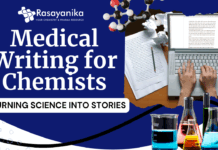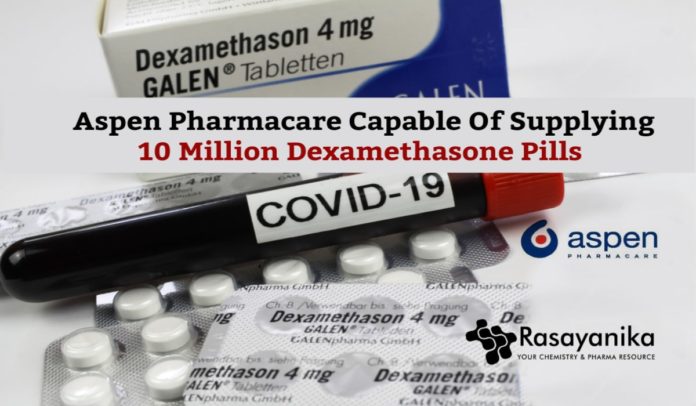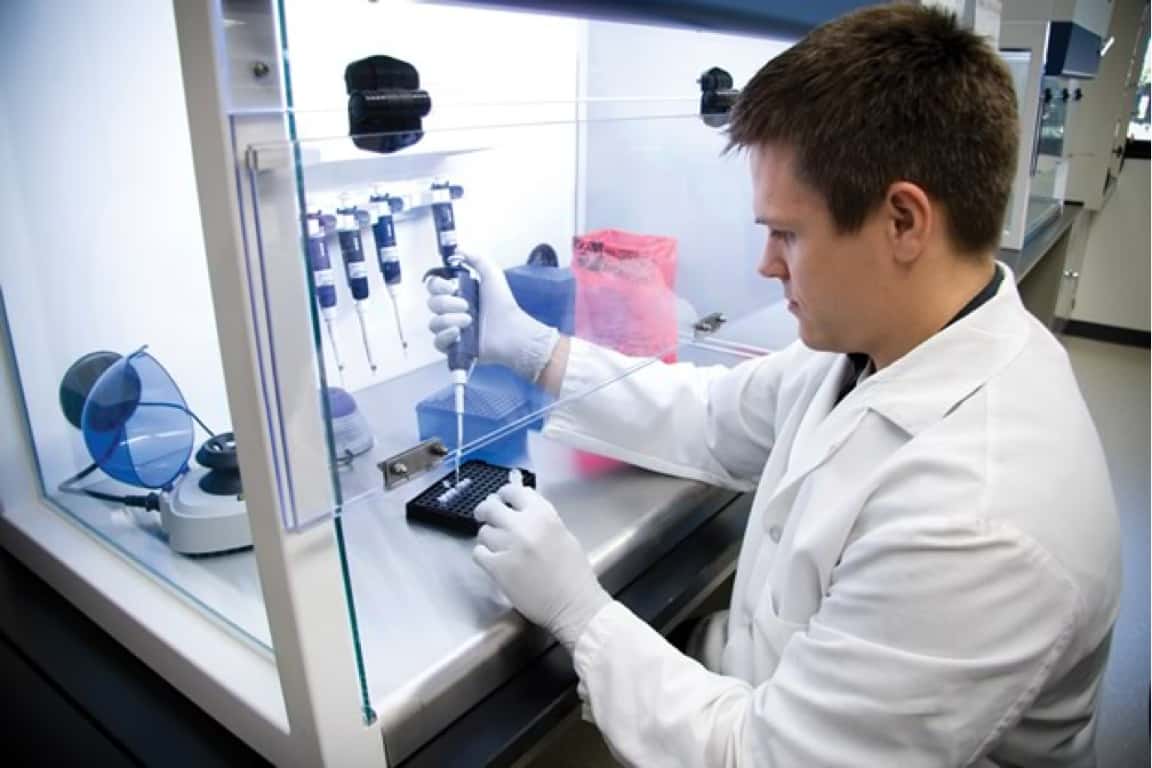Aspen Can Supply 10 Million Dexamethasone Pills in COVID-19 crisis
After the World Health Organisation cautioned about the drug’s supply, the Chief Executive Stephen Saad said that within a month, South African pharmaceutical major Aspen could provide 10 million dexamethasone tablets.
Last week, the University of Oxford scientists announced a major breakthrough as the results from a study showed the steroidal drug reduced death rates by about a third in severely ill, hospitalized COVID-19 patients.
The focus is on the availability of dexamethasone and it is mainly used to fight inflammation in other diseases at the moment.
Aspen CEO Saad said, “Should there be a need for additional product, we would look to ramp up further.” The current production volumes were not mentioned.
Both the injectable and tablet forms of dexamethasone are produced by Aspen, South Africa’s biggest supplier of drugs, with a 22% market share in sub-Saharan Africa.
To help guard against the risk of scarcity if the drug is approved for COVID-19 treatments, Aspen was asked to source the drug for overall usage in the domestic market and the African continent by the South African government.
The government had a stock of 300,000 ampoules of dexamethasone, said South
Africa’s health ministry.Saad said, “We can work on the supply once the government indicates the required volumes across the continent. Aspen had also received orders from UNICEF, WHO, and other agencies.
The demand for dexamethasone increased substantially, said the UK’s Hikma Pharmaceuticals, with a major supply base in the United States.
A spokeswoman said, “To supply the U.S. market with dexamethasone for at least the near future, we currently have sufficient ingredients on hand and manufacturing capacity. But the need for other essential medicines supplied by Hikma, availability of raw materials, and the amount of demand will decide the future supply.
The guidance issued by WHO last week said that the drug dexamethasone should be reserved for patients who are critical and severely ill.
Spokesman Hedinn Halldorsson said, “Including results of other smaller trials, a prospective meta-analysis is underway. The results will be the basis of any updates to WHO guidance.”

















































